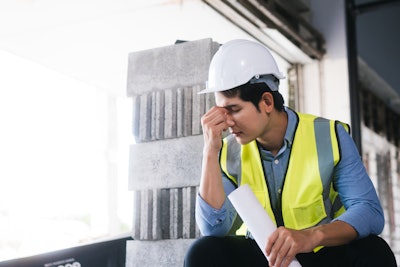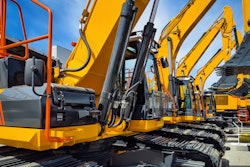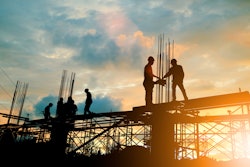
In construction, we wear hard work like a badge of honor. Long days, sore backs, skipped lunches — “toughing it out” is often seen as part of the job. But this push-through thought process is worsening a serious burnout problem.
When Hard Work Becomes Harmful
Burnout isn’t just feeling tired. It’s mental, physical and emotional exhaustion — and it’s widespread. One survey found that nearly 60% of construction professionals feel burned out on a regular basis, especially business owners and superintendents who end up taking their work home with them.
The long hours are often part of the issue. Many report working 50–60+ hours per week, fielding late-night calls, and rarely disconnecting. And the physical toll adds up — years of repetitive motion, heavy lifting and high-stress environments can wear down any crew.
Add the stigma around mental health, and it’s no surprise that burnout often goes unspoken. But it shouldn’t be. Left unchecked, burnout leads to more mistakes, higher turnover and even safety issues on the job.
Burnout Hurts More Than You Think
Exhausted workers are more likely to get injured. Fatigue is a factor in up to 90% of construction accidents, according to Buildertrend. And when stress builds up, it can take a toll on relationships, job performance and long-term health.
Mental health is also at risk. Construction workers already face high rates of depression and suicide.
What Leaders Can Do Differently
Changing this mindset starts at the top. Leaders and business owners set the tone for the entire crew. Here’s how they can shift the culture:
- Take the lead on balance. If supervisors never take a break, neither will their team. Model healthier work habits.
- Talk about stress. Bring up burnout in safety talks. Normalize mental health check-ins and encourage speaking up.
- Set better expectations. Rushed deadlines and thin crews lead to burnout fast. Track workloads and give people time to recharge.
- Offer real support. That means EAPs, wellness resources, mental health days — whatever helps your people manage stress.
- Recognize smart work. Praise efficiency, safety and teamwork — not just who works the longest hours.
Time to Redefine Tough
Burnout doesn’t make you stronger. It makes you distracted, disconnected, and more likely to get hurt. In this industry, resilience matters — but so does rest!
Let’s stop pretending exhaustion is a measure of commitment. Real strength is knowing when to step back, reset and support your crew in doing the same.


















